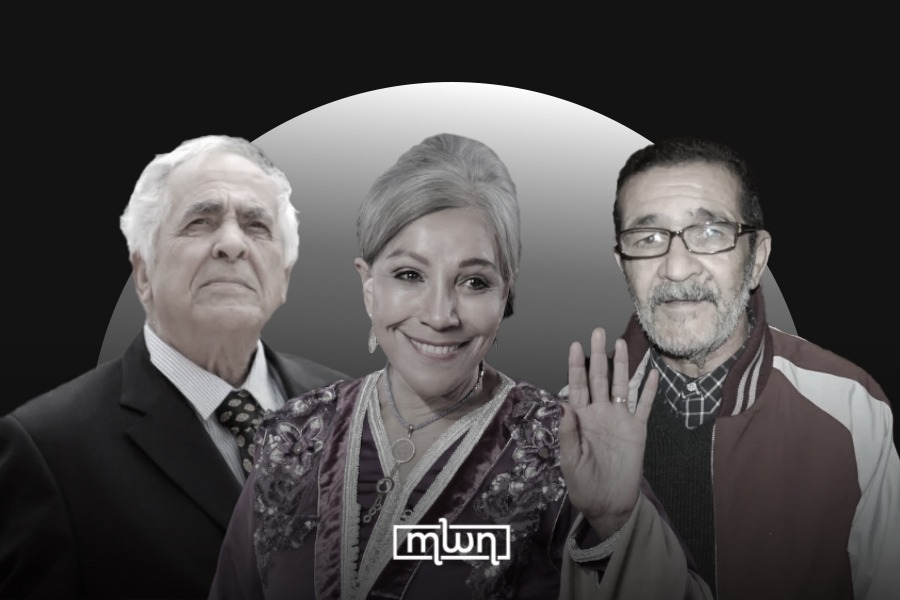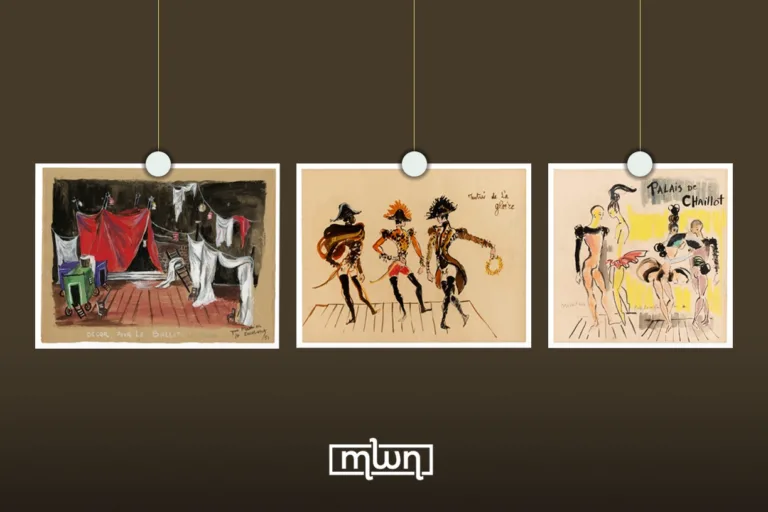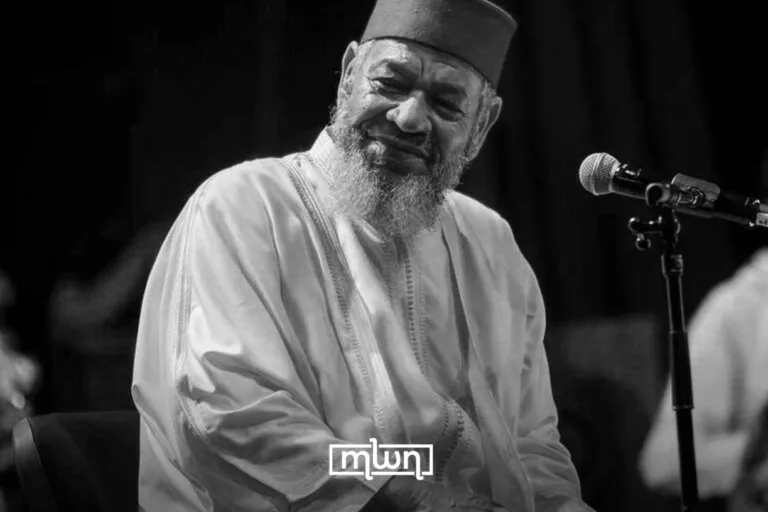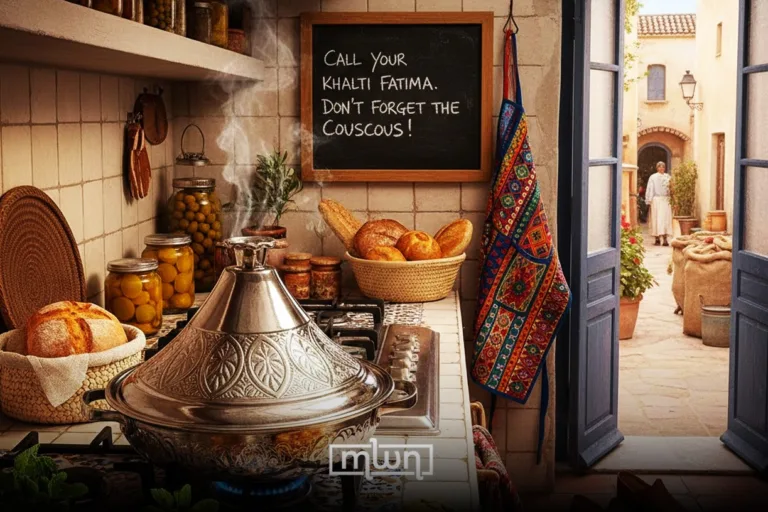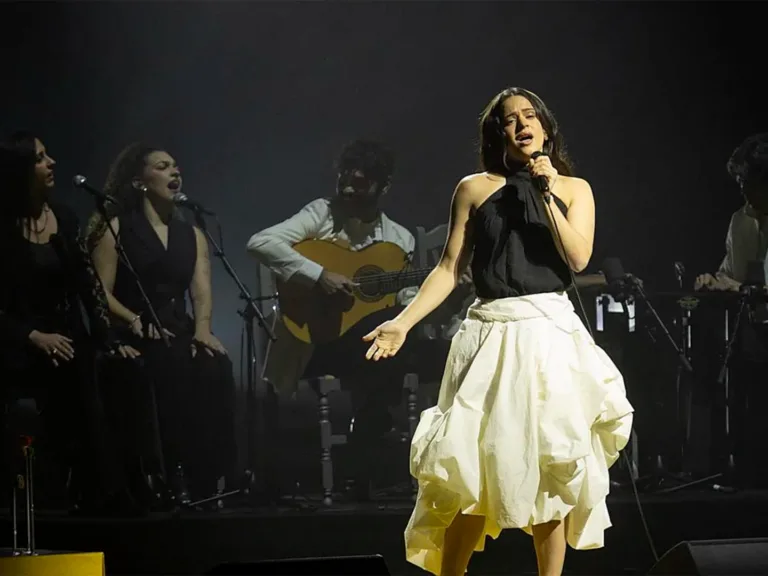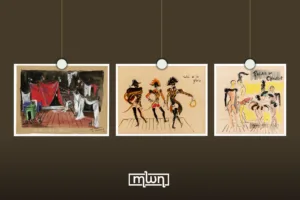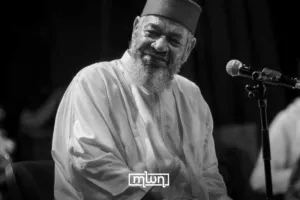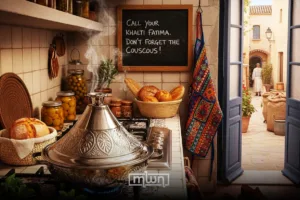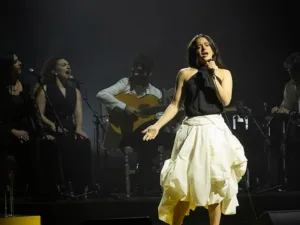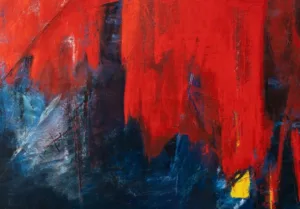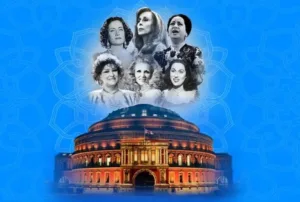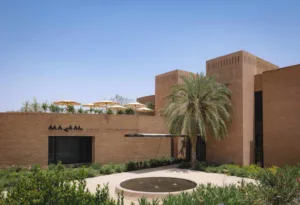As the year draws to a close, Morocco reflects on the legacies of influential figures who left us in 2024.
Marrakech – From cultural icons to thought leaders, their contributions have shaped the nation’s identity and inspired global audiences.
Their loss reminds us of the fragile, yet powerful impact individuals can have on society.
In this piece, we pay tribute to their lives and celebrate the lasting imprints they leave on Moroccan culture and the world at large.
Lalla Latifa Amahzoune, Mother of King Mohammed VI
Lalla Latifa Amahzoune, the widow of King Hassan II and the mother of Morocco’s reigning monarch, King Mohammed VI, passed away on June 29, 2024, at the age of 78.
Known as the “Mother of the Royal Children,” Lalla Latifa was a pillar of the Moroccan royal family, respected for her steadfast commitment to tradition and family.
Born in 1946 in Khenifra, she belonged to the esteemed Amahzoune family, part of the Zayane tribe, with her father, Hassan ould Mouha ou Hammou Zayani, serving as the Pasha of Khenifra.
Her union with King Hassan II in a joint royal wedding in 1961 marked the beginning of her lifelong connection to Morocco’s history and governance.
Together, they raised five children: Princess Lalla Meryem, King Mohammed VI, Princess Lalla Asma, Princess Lalla Hasna, and Prince Moulay Rachid.
Despite living a life largely away from public view, Lalla Latifa played a central role in the royal family’s private affairs, exemplifying dignity and dedication.
In her later years, she spent time in France before returning permanently to Marrakech in 2019.
Her legacy was honored in 2018 when King Mohammed VI inaugurated a mosque in Salé bearing her name, a symbol of her lasting influence on Moroccan heritage.
Her passing leaves a profound void, but her legacy endures through her contributions to her family and her country.
Mohamed El Khalfi
Mohamed El Khalfi, a pioneering actor and foundational figure in theater and television, passed away on December 21 at the age of 87.
After a prolonged illness and years of health challenges, El Khalfi spent his final days at home near Casablanca, surrounded by family.
Born in Casablanca in 1937, El Khalfi embarked on his artistic journey in 1957, making his mark in amateur theater alongside renowned figures like Tayeb Saddiki and Ahmed Tayeb El Alj.
In 1959, he established the “Popular Theater” group, later founding the “United Artists,” which featured notable talents, including the late Touria Jabrane.
El Khalfi was among the pioneers of Moroccan television in the early 1960s, starring in the country’s first TV series, Attadhia.
His filmography boasts acclaimed works such as “Sukut, al-ittijah al-mamn” by Abdellah Mesbahi, “Hna w lhih” by Mohamed Ismail, and “Ayyam Shahrazad al-jamila” by Mostafa Derkaoui.
He earned widespread popularity for his role in the comedy series Lalla Fatima on Morocco’s 2M channel, portraying a beloved member of the Benzizi family.
Naima Lamcharki
Naima Lamcharki, a trailblazing actress revered as the “Lady of the Moroccan Screen,” passed away on October 5, at the age of 81.
A monumental figure in Moroccan cinema, television, and theater, Lamcharki’s career spanned over five decades, shaping the artistic landscape of Morocco and inspiring countless artists.
Born in Casablanca in 1943, Lamcharki began her artistic journey in the late 1950s, becoming a celebrated name in radio, stage productions, television series, and films.
Her roles in acclaimed films like “Allal Al Kalda“ and “Tasqot Al Kheil Taba’an” left a profound impact, often addressing significant social and cultural themes.
Lamcharki’s final on-screen appearance came in the 2021 Ramadan series “Souk Delala”, directed by Jamila El Barji, alongside renowned Moroccan actors such as Abdellatif Hilal and Houda Sedki.
Her performance in “Kharif Attouffah” earned her the Best Actress award at the Malmö Arab Film Festival in 2021, highlighting her enduring talent.
Beyond her acting achievements, Lamcharki served as a UNICEF Goodwill Ambassador, an advisor to the National Observatory for Children’s Rights, and assistant president of the National Union of Theater Professionals.
Her dedication to humanitarian causes further solidified her legacy as a beloved and respected public figure.
Mustapha Zaari
Mustapha Zaari, a beloved veteran of Moroccan cinema, television, and theater, passed away on December 3 after a lengthy battle with prostate cancer. He was 79.
Zaari had recently returned home after receiving treatment at the Military Hospital in Rabat, where he had sought care for his condition.
Born in Casablanca’s Derb Sultan neighborhood in 1945, Zaari’s early life was marked by hardship following the loss of his father at age three.
Despite this, he found his path to the arts through a local theater club, which would lead to a distinguished career spanning several decades. He gained prominence in the 1980s with a successful comedy partnership with Mustapha Dassoukine.
Zaari’s career was diverse, with notable roles in plays such as Bent El Haraz and Daba Tji Daba, TV series like Setta men Settin and Saadi B Bnati, and films including Childhood Stolen and The Message.
His final appearance was in the 2024 series Rihlat Al Omr, where he showcased his enduring talent alongside a stellar cast.
Beyond acting, Zaari contributed to the Moroccan entertainment industry behind the scenes, offering his expertise in production and artistic coordination.
Jamal Braoui
Jamal Braoui, a prominent journalist and expert known for his work on Barlaman Radio’s program Decryptage, passed away on August 26 at the age of 68.
Braoui died in a Casablanca hospital after a long battle with illness, leaving behind a significant legacy in Moroccan media.
His family announced the news in a heartfelt Facebook post, writing, “With deep sorrow, we announce the passing of our beloved father, Jamal Braoui, who has returned to the mercy of God after suffering from illness. We ask Almighty God to grant him His vast mercy and to place him in the highest paradise.”
Braoui was celebrated as one of Morocco’s leading journalists, contributing extensively to the country’s media landscape through his incisive analysis and work with various outlets.
His passing has been met with an outpouring of tributes from colleagues and admirers, reflecting his influential role in Moroccan journalism.
Braoui’s insightful commentary and dedication to the profession have left an indelible mark, ensuring his legacy endures within the nation’s media industry.
Abdelaziz Barrada
Abdelaziz Barrada, a former Moroccan international footballer, passed away on October 24, in France at the age of 35.
His sudden death was reportedly caused by a heart attack, leaving fans and the football community in shock.
Born on June 19, 1989, in Province, France, Barrada had a remarkable career in football. He was a key player for the Moroccan Olympic team, captaining the squad during the 2012 London Olympics, where he showcased his leadership and skill on the international stage.
Barrada also represented Morocco’s senior national team, earning 28 caps and scoring four goals between 2012 and 2015.
At the club level, his career included notable stints with Olympique de Marseille in France and Getafe in Spain, cementing his reputation as a skilled midfielder.
Known for his talent and dedication, Barrada made a lasting impact on Moroccan football.
His passing has been met with tributes from fans, teammates, and the broader football community, remembering him as a beloved athlete whose contributions to the sport will not be forgotten.
Leila Mezian
Leila Mezian Benjelloun, a prominent philanthropist and cultural advocate, passed away on July 13.
Known for her transformative contributions to education, healthcare, and the arts, she leaves behind an enduring legacy.
As the wife of Othman Benjelloun, president of the Bank of Africa group, Mezian Benjelloun played a pivotal role in civil society.
She led the BMCE Foundation for Education and Training, where she spearheaded initiatives to build and equip schools in remote regions, providing thousands of Moroccan children access to quality education.
Her passion for culture extended to the founding of the Leila Mezian Benjelloun Museum in Casablanca, a landmark institution celebrating Moroccan art and heritage.
The museum stands as a testament to her dedication to preserving and showcasing the country’s rich cultural history.
Before her philanthropic endeavors, Mezian Benjelloun had a distinguished career as an ophthalmic surgeon, practicing for over 25 years and earning recognition for her medical contributions.
In 2016, she was honored with the Officer Wissam Al Arch award by King Mohammed VI for her exceptional service to Morocco.
Abdou Cherif
Abdou Cherif, one of Morocco’s most beloved singers, passed away on March 8 at the age of 58 in Casablanca following a sudden heart attack.
Known for his enchanting voice and interpretations of iconic songs by Egyptian legend Abdel Halim Hafez, Cherif was a cherished figure in Moroccan and Arab music.
Cherif was admitted to a hospital in Casablanca after experiencing health complications this morning.
Despite medical efforts, he was pronounced dead shortly after arrival. His passing occurred just hours before he was scheduled to perform at the Megarama Theater in Casablanca.
The news has sent shockwaves through Morocco’s artistic community. Several prominent figures, including iconic singer Latifa Raafat, expressed their grief.
Raafat took to social media to share her condolences, writing, “You were indeed a true friend, a true brother, and a true support. We were supposed to meet today at your concert, but we do not object to the will of Allah.”
She extended her sympathies to Cherif’s family during this difficult time.
Abdou Cherif’s passing comes just weeks after the death of another renowned Moroccan singer, Omar Cherif, who also succumbed to heart complications at his home in Casablanca.

